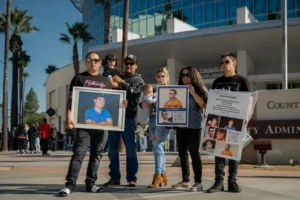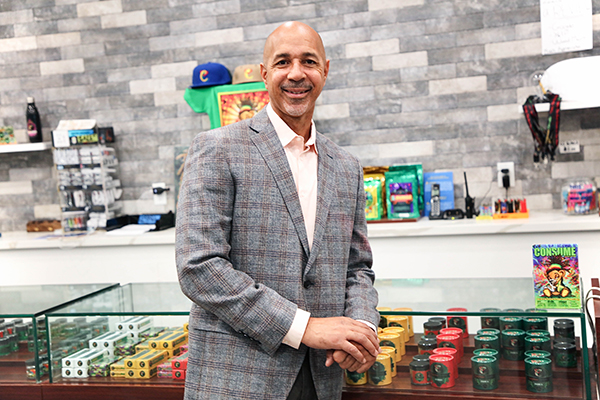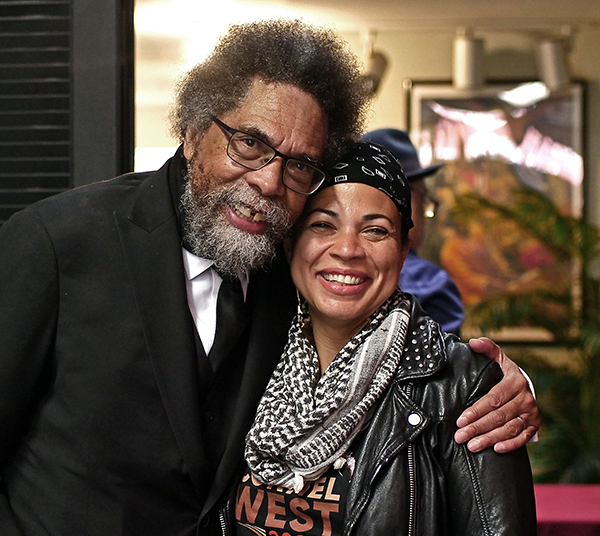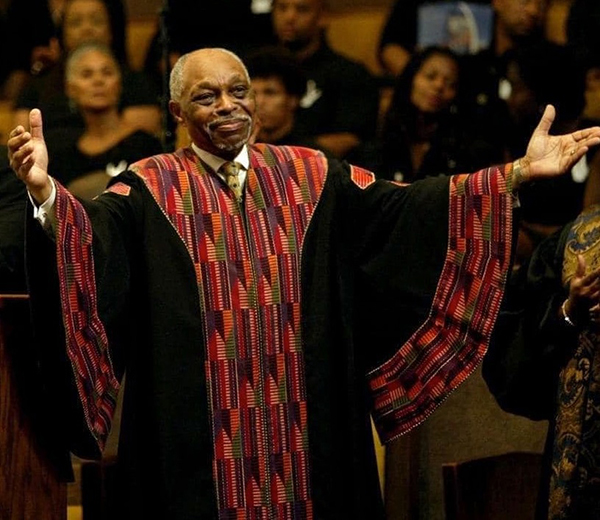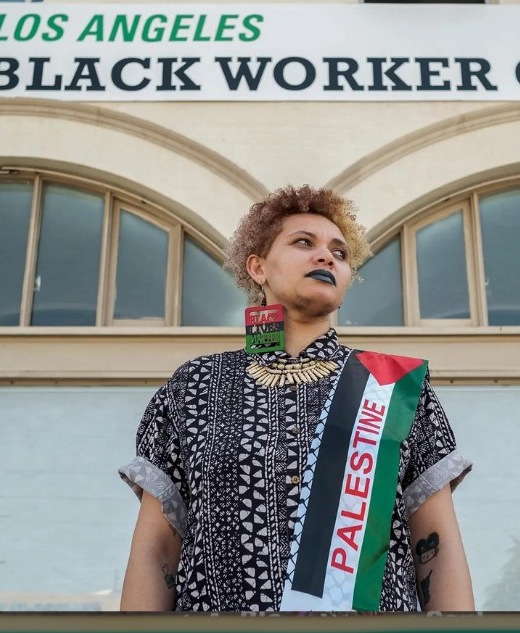By Ural Garrett
Contributing Writer
LOS ANGELES — Virgil Grant has spent the past couple of decades fighting for state and federal cannabis legalization while significantly growing his marijuana empire.
Now, the mogul and political activist is beginning the next phase of increasing his industry market share through a recent purchase of 120 acres of farmland in the Northern California weed capital, Humboldt County.
“What that does is allow me to be self-sustainable as a Black-owned company so I don’t have to rely on anyone to outsource my flower from,” Grant said. “So, now instead of being a liquor store that goes to the liquor distributors, I am the liquor producer now.”
Grant has come a long way from growing up in Los Angeles where he acquired an entrepreneurial spirit from his father, who owned a liquor store in Compton. He later transitioned those skills to dealing marijuana on the streets to high profile clientele including hip hop artists.
When medical marijuana became legal in California in 1995, Grant immediately got involved. For the next decade, he owned several licensed medical cannabis dispensaries besides starting his California Cannabis brand.
Grant also owned 133 acres of farmland in Humboldt. In 2008, those dreams of California Cannabis becoming the “McDonalds of Cannabis” came to a screeching halt when Drug Enforcement Administration agents raided his home and dispensaries.
Besides losing his Humblodt farmland, he also spent six years in prison for multiple charges including drug conspiracy and money laundering.
“Keep in mind that in every good fight there’s some sacrifices and you’ve got to be willing to sacrifice,” Grant said. “Six years in federal prison, I was that black sacrifice that went down for the industry. I was the last sacrifice and the only Black sacrifice in the legal cannabis space that was able to come home and then begin to make a difference.”
After being released from prison, Grant set out to re-establish his California Cannabis brand in a Proposition 64 friendly California. That meant opening three stores in Los Angeles, Melrose and Soto Street Junction.
“Since I have three micro businesses in the city of Los Angeles, I have indoor under control” Grant said. “Now that I’ve purchased a farm up north in Southern Humboldt, I now have an outdoor greenhouse under control. So, I control my own destiny.”
According to Grant, he phrases “Humboldt to Compton” because both areas represent his personal and professional growth.
“I’m not considered a stranger or outsider,” Grant said. “I’ve bought herbs from individuals in Humboldt for over 25, 30 years. I guess I’ve proven myself to be loyal to that community.”
Nevertheless, California isn’t the end-all for Grant as he plans to expand his empire nationally and internationally.
“I now have a license in Oklahoma,” Grant said. “Next journey or stop should be New Jersey, Connecticut and New York. I’m working with the Zairean government right now to help them with their program and then become licensed in the continent of Africa.
“So, what it’ll do is once this thing opens up federally … and it’s coming soon, it will allow me then to just be able to ship and transport throughout America and then in and out of the United States of America.”
Grant has also been one of the faces of the political fight for federal legalization of cannabis as well. In Los Angeles, he made a push for Position M that would have given the City Council authority to regulate taxes and enforcement schemes for both medical and recreational cannabis usage.
He also helped co-create California Minority Alliance and even proposed the concept of Los Angeles’ Social Equity Program. He’s gone on to criticize the program that has only led to a handful of dispensaries opening since the city started taking applications in 2019.
“That is not what was supposed to happen,” Grant said. “When the bureaucrats got involved — when the bureaucratic classes and Division of Cannabis Regulation got involved with this thing — it didn’t turn out to be what we intended it to be. That’s because they lacked knowledge or understanding on what this industry is about. If you ask me to this day, they still don’t have a clue.”
According to Grant, he’s spoken to the Bureau of Cannabis Control on a state level and hopes that they will eventually place key players with knowledge of the cannabis industry to make decisions.
“Leaving those key players out of the decision-making process handicaps the process and people that are creating the process because they lack that knowledge and understanding of what it’s like to be in a day-to-day operation,” said Grant, who also was given the role of writing and directing the cannabis ordinance work on behalf of New Jersey alongside state senators there.
Between growing his cannabis company and striving for government change, Grant wants to make sure Black people have easier access to the industry.
“There are some other things that are hindering us,” Grant said. “Barriers to entry that are hindering us from getting involved. But the more we speak up and speak out as a group, as a mass of people, then the more we will make change.”




